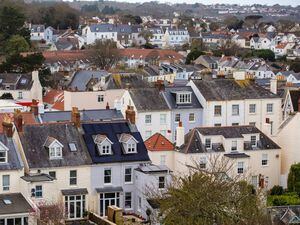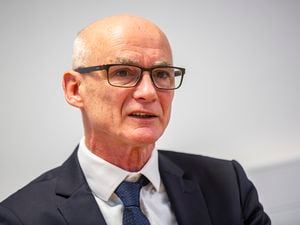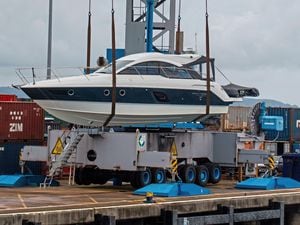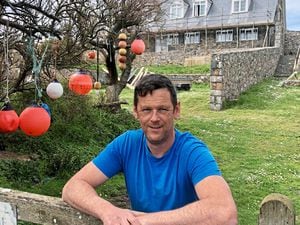Deputies fly to climate change summit in Jersey
THREE deputies and two civil servants flew to a climate change summit in Jersey.

They have defended the travel choice by stating that they offset their carbon emissions by planting over 100 trees and they ate a vegetarian lunch.
The tri-island summit was the first time that politicians from Guernsey, Jersey and the Isle of Man had met to discuss global warming, and it was considered important that the initial meeting was a face-to-face one.
The outcome of the summit was that the three Crown Dependencies agreed to learn from one another, work together and address the challenge of climate change.
Subsequent meetings are likely to be held via phone, Skype and email.
Deputies Barry Brehaut, Lindsay de Sausmarez and Mark Dorey had faced some online backlash about how they travelled to the summit.
Users on Twitter and Facebook questioned whether it was appropriate to strive to save the planet while taking short-hop flights.
According to the German NGO Atmosfair, five people travelling from Guernsey to Jersey on a round trip in economy class would create roughly 109kg of carbon emissions. That is the equivalent of driving a petrol car about 500 miles.
The delegates planted over 100 trees in Jersey, which an Environment & Infrastructure spokesperson said should more than offset the emissions of the trip.
The spokesperson summed up the green dilemma facing environmentalists, who often need aeroplanes to make work possible.
‘Living on a small island, flying is sometimes unavoidable,’ they said.
‘This could be for work purposes, a family holiday or urgent medical treatment.
‘For flights that can’t be avoided, tree planting is one way that emissions can be offset.
‘However, off-island travel isn’t the only part of island life that generates carbon emissions: on-island transport, energy use and waste are the biggest sources of Guernsey’s carbon footprint.’
The delegates were transported between the airport and meeting venues in electric vehicles, and they had a local, plant-based lunch, which reduces individual carbon footprints.
E&I is currently drawing up a climate change policy and action plan, which will be brought to the States Assembly for debate by May next year, and could mean significant changes to islanders’ everyday lives. The E&I spokesperson added that acting together with a collective voice was more powerful
‘Very much in the spirit of this, officers have been working collaboratively with Jersey to develop the climate change policy in order to share costs and share best practise.
‘Officers met in parallel at the summit to continue working with Aether, who report on emissions for the UK and the Channel Islands, and also attended the summit.
‘The work with Aether will form a sizeable part of the climate change policy for Guernsey.’
Condor and Iris Freight both offer daily ferry passenger travel between the islands.





